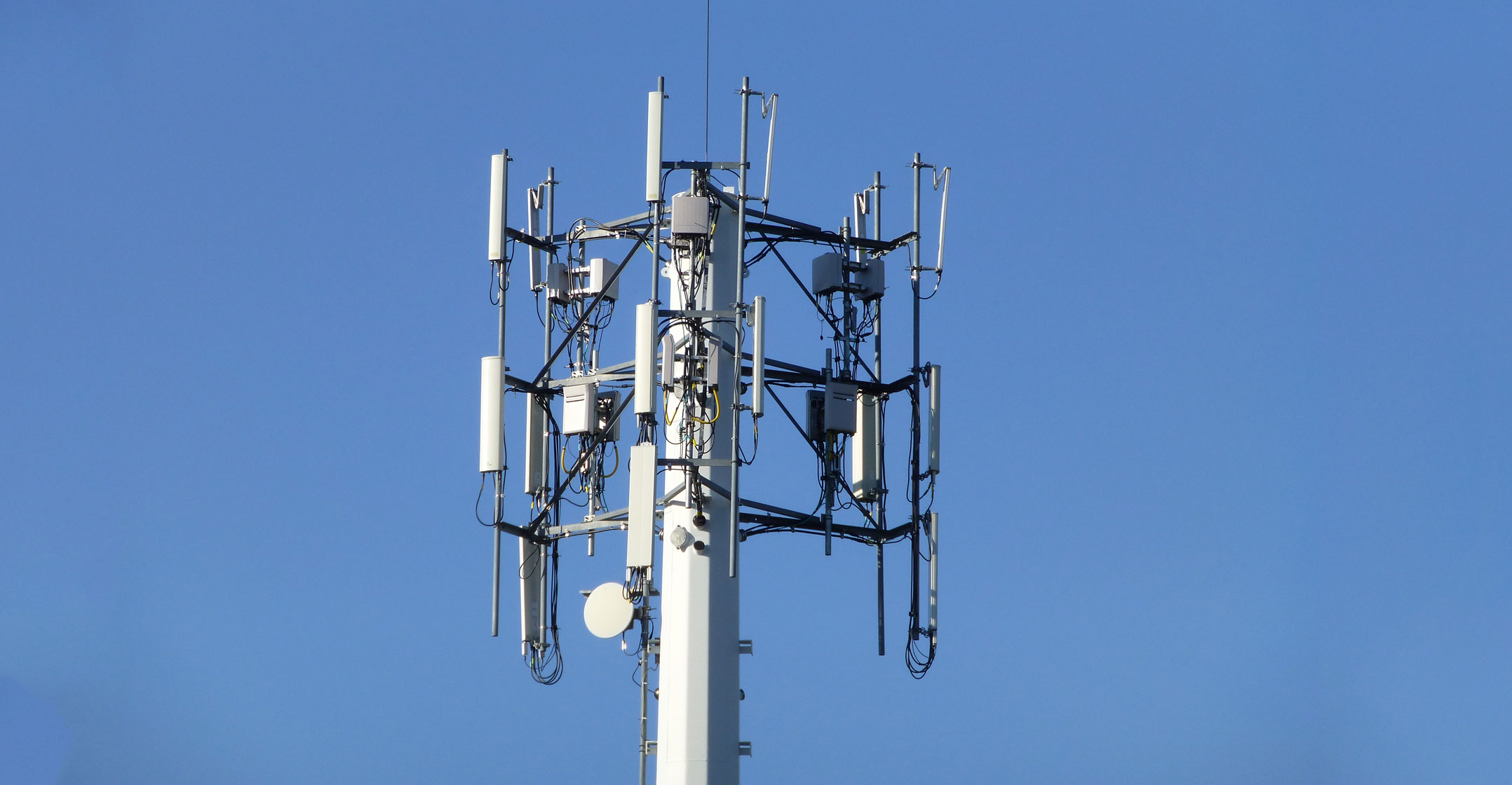
The buffering wheel on mobile-device screens could be the most-watched entertainment if pending legislation cripples South Africa’s dynamic cellphone sector. Should the monopoly wireless network that is the cornerstone of the Electronic Communications Amendment Bill be implemented, the quality and access to our mobile experience will be severely compromised.
Investment in infrastructure will dry up, high-demand spectrum will likely remain unassigned for a decade, and data-hungry applications such as gaming, video, and “fourth industrial revolution” applications will jostle with cloud-computing for limited space on the spectrum that is now available.
Economic growth will be negatively impacted as we struggle to communicate in an interconnected world. Jobs will be lost and the digital divide separating rural and marginalised communities from the rest of us will become a fathomless chasm, prompting social unrest. The best thing President Cyril Ramaphosa and his new cabinet can do when this bill is placed before them, probably at the end of March, is to bin it. The bill seeks to introduce more competition and infrastructure sharing between mobile networks on a wholesale level, lower data costs, spread network reach to include marginalised communities, offer opportunities for new and smaller players and less bureaucracy in the network build process.
These are noble but elusive aims whose achievement is long overdue.
A Democratic Alliance government would realise this vision by properly financing and skilling the Competition Commission and the Independent Communications Authority of South Africa (Icasa). With the existing laws that empower these entities, plus some amendments that can be sourced from this bill, these aims can be achieved.
Ramaphosa hinted in his state of the nation address that an auction for high-demand spectrum should proceed with haste. First, however, the court challenge telecommunications minister Siyabonga Cwele brought against Icasa in 2016 must be withdrawn. Then the auction must urgently proceed after adjustments to the original terms, to make it more affordable so smaller players can compete, and to formalise reasonable compromises along lines proposed by the mobile network operators a year ago.
If this bill is passed by an ANC majority, its next stop will be the constitutional court on grounds of expropriation of property and business rights of the mobile operators and their investors. The bill can also legally be challenged based on its irregular processing. The red flag is chapter 3A of the bill, which introduces a monopolistic national wholesale wireless open-access network, or Woan. South African mobile device users seeking basic Internet access would have no choice but to become dependent on an untested monopoly network which would be unlikely to deliver fast, high-quality, world-class service. Without being given control of the R97bn mobile infrastructure created by Vodacom and MTN during the past 11 years, the Woan cannot operate.
Spectrum
Spectrum, without access to the infrastructure to dispense it, has no value. And a wireless communications infrastructure without spectrum has no service to sell. So, to force Vodacom and MTN to “share” their infrastructure on a cost-recovery basis, the bill would assign most of the high-demand spectrum to the Woan. Four of the mobile operators — Telkom, Cell C, Liquid Telecom and Rain — run their businesses, in whole or in part, on wholesale access to the MTN and Vodacom networks. They would all be required to return to government all the spectrum on which they currently operate and become Woan customers.
The six operators last year presented to government well-developed compromise options that would enable them to run private networks in parallel with a non-monopoly Woan, broadly along the lines of a national project under development in Mexico. A contact of mine, who has hands-on experience with the non-monopolistic Mexican Woan project, says it would take at least 10 years to determine how a South African version of a wholesale mobile network might be structured, operate or acquire communications infrastructure and the necessary funding, before it could be established on a coherent legal basis and then become operational. So, whether the bill is passed and legally challenged, or passed without going to court, the time delay to access high-demand spectrum for our exploding mobile data needs is at least a decade away. Our stressed economy cannot afford that delay.

Should a Woan monopoly be established precipitously, by fiat, the robustness and reliability of mobile communications would each be undermined systematically. A generic absence of wholesale network competition would inevitably lull its management into complacency, leading to poor service levels and increasing obsolescence of its infrastructure. Without a fall-back network to pick up the traffic if a monopoly Woan goes down, there would be no competing network to piggy back on until service is restored. An irate mob of 37.5m South African disconnected mobile customers would not be a pretty sight.
At a time of economic desperation, this reckless bill promises to cripple South Africa’s entire mobile communications sector. Let us be clear: such a result would excommunicate all South Africans from the global digital age.
- Marian Shinn is a Democratic Alliance MP and the party’s spokeswoman on telecommunications & postal services




